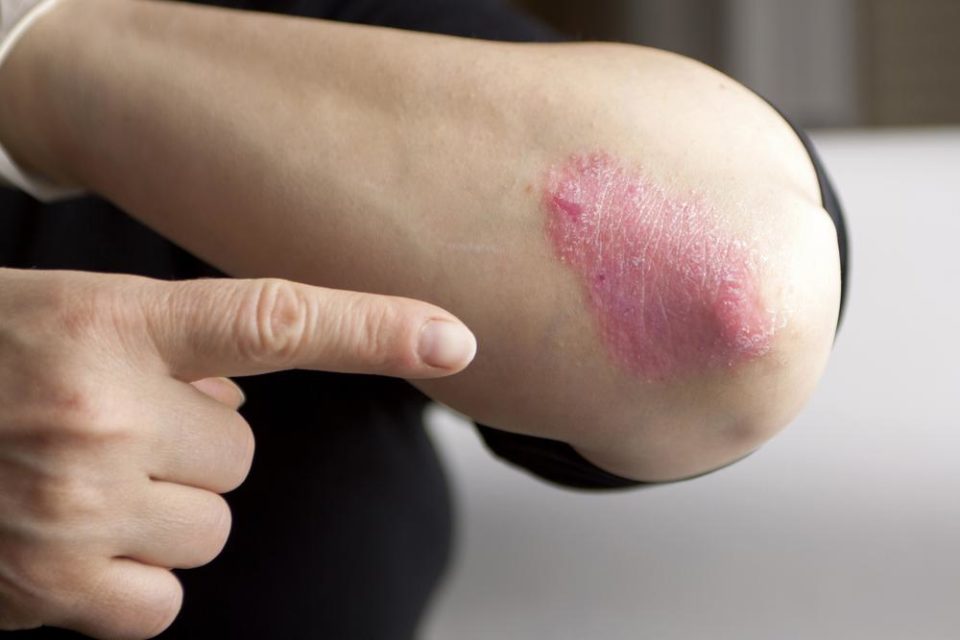Although Psoriasis and Eczema may have similar symptoms and can wreak havoc on day-to-day life, understanding the difference between them can help treat them and manage symptoms better.
Here we look at a few key differences between Psoriasis and Eczema:
What are Psoriasis and Eczema and how are they caused?
Psoriasis is a lifelong chronic autoimmune condition that causes excess skin cell production resulting in dead cells building up as scales on the body which can become inflamed and cause severe itching. Psoriasis causes itchiness and skin deterioration. If it occurs on the palms, it can greatly inhibit simple actions. In some cases, one may also have a case of nail psoriasis with too many new cells being produced under the nails. This can cause discoloration, and look like a fungal infection and in some cases even cause the nail to fall off.
Eczema, i.e. atopic dermatitis is a hypersensitivity reaction leading to the skin cells peeling, cracking, and can lead to pus-filled blisters and infections. Eczema can occur anywhere on the body and leads to severe dryness and itchiness. This can cause breaks in the skin leading to complications. It commonly appears on the hands because of increased contact with allergens. It can also appear in creases in the body such as armpits, the back of the knee, or the front of the ankle due to sweat and irritants getting trapped there.
How do symptoms differ for Psoriasis and Eczema?
Psoriasis usually appears as dry and scaly skin or as red patches with no visible scales. It may also cause thick, white scales. In severe cases psoriasis can cover the entire surface of the body, appearing and feeling like burns which may even be life-threatening. Eczema usually includes very dry skin that is prone to cracking. The peeling of eczema looks similar to that of a sunburn or a blister or a callus. In some cases, the skin may peel without open wounds. It can lead to an increased risk of infections due to broken skin.
How does treatment vary for Psoriasis and Eczema?
Psoriasis treatment usually consists of corticosteroid creams and light therapy. In some cases, oral, injectable, or intravenous medication may also be prescribed.
Eczema treatment is similar to psoriasis treatment with, in some cases, barrier creams being used to prevent irritants and infections from reaching the skin.

